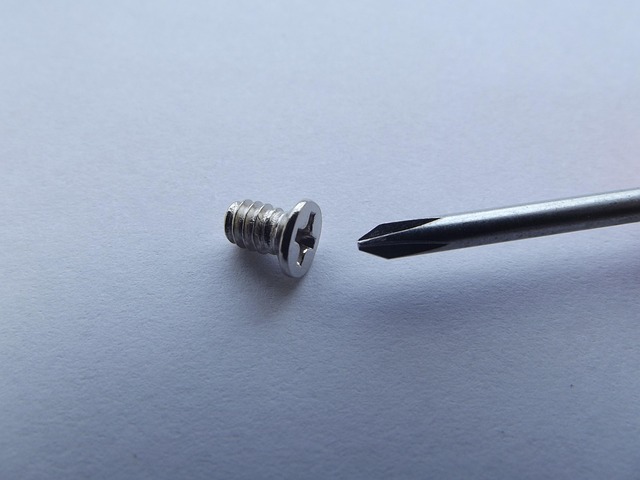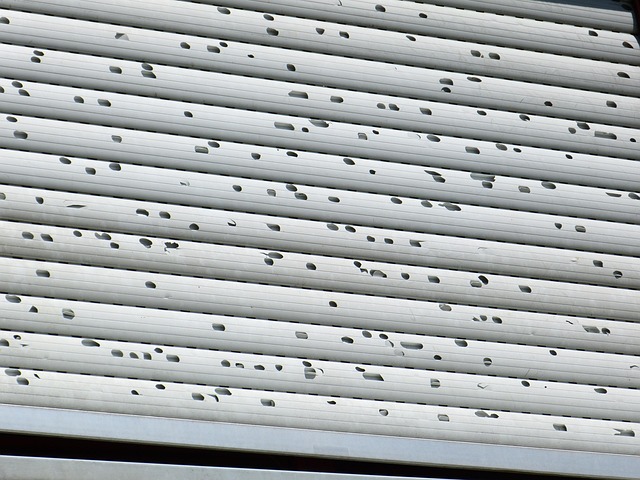TL;DR: Deductibles in glass repair insurance are out-of-pocket expenses that policyholders must pay before insurance covers repairs, significantly impacting both premium costs and repair timelines. Higher deductibles lead to lower premiums but require larger initial payments, while lower deductibles mean higher premiums but less out-of-pocket expense. Choosing the right deductible balance is crucial for managing unexpected glass repair needs, with coverage extending to cracked windshields, side mirrors, and rearview windows. Understanding these deductibles is essential when evaluating or managing vehicle repair costs after an accident.
“New to glass repair insurance? This is your ultimate guide to navigating deductibles. We demystify this often-confusing aspect of insurance, focusing on glass repair claims. Learn what deductibles are and why they matter in safeguarding your property. Understand the basics, from defining ‘deductibles’ to their role in managing risk for glass repairs. Discover practical tips tailored for beginners, empowering you to make informed decisions when it comes to protecting your investment in glass repair insurance.”
- What Are Deductibles? Understanding the Basics of Glass Repair Insurance
- Why Deductibles Matter: The Role in Glass Repair Claims
- Navigating Deductibles: Tips for Beginners with Glass Repair Insurance
What Are Deductibles? Understanding the Basics of Glass Repair Insurance

Deductibles are a crucial component of insurance policies, including glass repair insurance for vehicles. In simple terms, a deductible is the amount you agree to pay out-of-pocket before your insurance coverage kicks in. When it comes to glass repair insurance, this means that if your car experiences a break or chip, you’ll be responsible for paying the first portion of the repair costs up to your specified deductible amount. For example, if your deductible is set at $500 and the cost of repairing a cracked windshield is $300, you would pay the initial $300 before your insurance coverage covers the remaining balance.
Understanding deductibles is essential when considering auto collision repair or even car body repair, as it directly impacts how much you’ll save on premiums. Glass repair insurance typically covers various types of damage, such as cracked windshields, side mirrors, and rearview windows. By opting for a lower deductible, your premium costs might increase, but the financial burden of repairs will be lessened in case of incidents. On the other hand, choosing a higher deductible could result in reduced premiums but would require you to cover a larger portion of repair expenses out-of-pocket. Therefore, it’s a balance between saving on insurance costs and being prepared for unexpected glass repair needs, especially in cases involving minor auto collisions or accidental damage.
Why Deductibles Matter: The Role in Glass Repair Claims

Understanding deductibles is essential for anyone considering glass repair insurance or navigating vehicle repair services after an accident. Deductibles represent the out-of-pocket expense a policyholder must pay before their insurance covers the rest of the repairs, including glass repair. In the event of an auto collision repair, this can significantly impact the overall cost of restoration.
When it comes to glass repair claims, deductibles play a crucial role in determining the financial burden on the policyholder. Depending on the severity of the damage and the specific insurance plan, deductibles can range from a fixed amount to a percentage of the total repair costs. For instance, if your vehicle experiences a shattered windshield due to a collision, the deductible will be applied before your glass repair insurance kicks in, affecting both the time it takes for repairs and the overall financial commitment required.
Navigating Deductibles: Tips for Beginners with Glass Repair Insurance

Navigating Deductibles: Tips for Beginners with Glass Repair Insurance
When it comes to glass repair insurance, understanding deductibles is a crucial step in saving money and managing your expenses. As a beginner, it’s essential to grasp how deductibles work before purchasing a policy. In simple terms, a deductible is the amount you agree to pay out of pocket for repairs or claims before your insurance coverage kicks in. The higher the deductible, the lower your premiums tend to be, but it also means you’ll pay more initially if there’s a need for glass repair.
For instance, let’s say your auto glass repair policy has a $500 deductible. If your car window is damaged and the repair costs $300, you would pay the $300 out of pocket, and your insurance would cover the remaining $200. Remember, this policy also extends to other services like auto painting or tire services, but it’s important to choose a deductible that aligns with your financial comfort level. By carefully considering your options and understanding the coverage, you can ensure that your glass repair insurance is both effective and affordable.
Understanding deductibles is essential when navigating glass repair insurance claims. By grasping what deductibles are and how they impact your coverage, you can make informed decisions during the claims process. Remember, while deductibles play a crucial role in managing costs, having the right glass repair insurance in place ensures peace of mind and facilitates a smoother restoration process for your property’s windows or glass surfaces.














